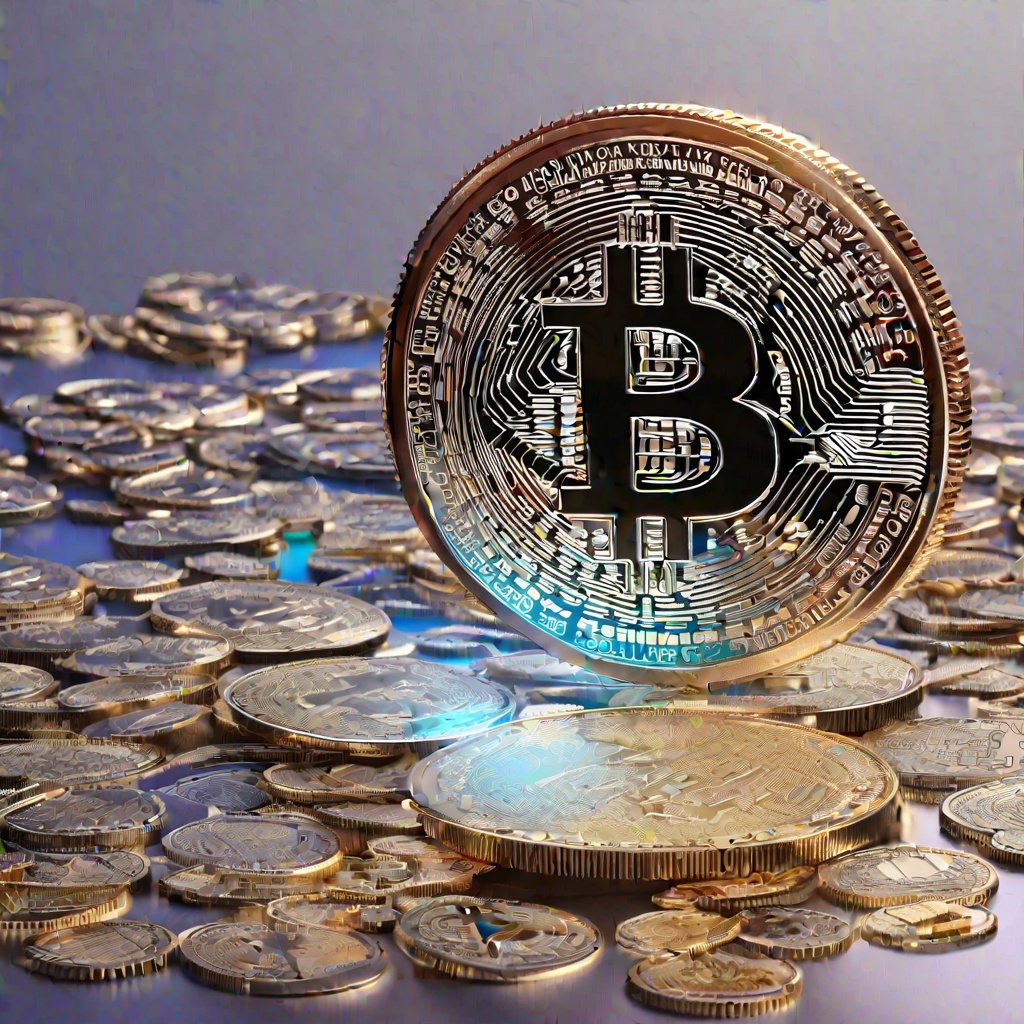Do stablecoins have integrity?
Could you elaborate on the notion of integrity in the context of stablecoins? Are there specific concerns or doubts regarding their stability, security, or transparency that give rise to the question of their integrity? Additionally, how do stablecoins' mechanisms for maintaining their pegged value, such as collateralization or algorithmic adjustments, factor into their perceived integrity? Lastly, are there any real-world examples or case studies that either support or undermine the argument for stablecoins' integrity?

What if all stablecoins were a sole issuer?
What if the entire market of stablecoins was dominated by a single issuer? Would this lead to increased efficiency and trust in the system, or would it create a monopoly that could potentially manipulate the market? How would regulators respond to such a scenario, and what measures would they take to ensure fair competition and protect investors? Additionally, what impact would this have on the decentralization of the cryptocurrency ecosystem, and would it undermine the core principles of blockchain technology?

Should there be a limit on the use of stablecoins?
Shouldn't we be asking ourselves if there should be a limit on the use of stablecoins? With the growing popularity of digital currencies, it's important to consider the potential risks and benefits of using stablecoins. On one hand, they provide a way to transfer value quickly and securely, but on the other hand, they could also pose risks to the financial system if not properly regulated. So, what do you think? Should there be a limit on the use of stablecoins, or should we embrace their potential benefits?

Could stablecoins be used for retail payments in the UK?
Could stablecoins, as a digital asset designed to maintain a stable value relative to a traditional fiat currency or a commodity, potentially revolutionize the retail payments landscape in the United Kingdom? With their potential to offer faster transactions, lower fees, and increased accessibility, could stablecoins become a viable alternative to traditional payment methods, transforming the way consumers and businesses conduct daily financial transactions?

Will the bank of England regulate stablecoins?
As the world of cryptocurrency continues to evolve, many are wondering if traditional financial institutions like the Bank of England will play a role in regulating stablecoins. With their pegged value to a traditional asset like the US dollar or gold, stablecoins aim to provide stability and reduce volatility in the crypto market. But will the Bank of England step in to oversee these digital assets? Will they impose regulations to protect consumers and maintain financial stability? Or will they allow the market to self-regulate? The future of stablecoins and their regulation by the Bank of England remains uncertain, but one thing is for sure - the debate is heating up.

